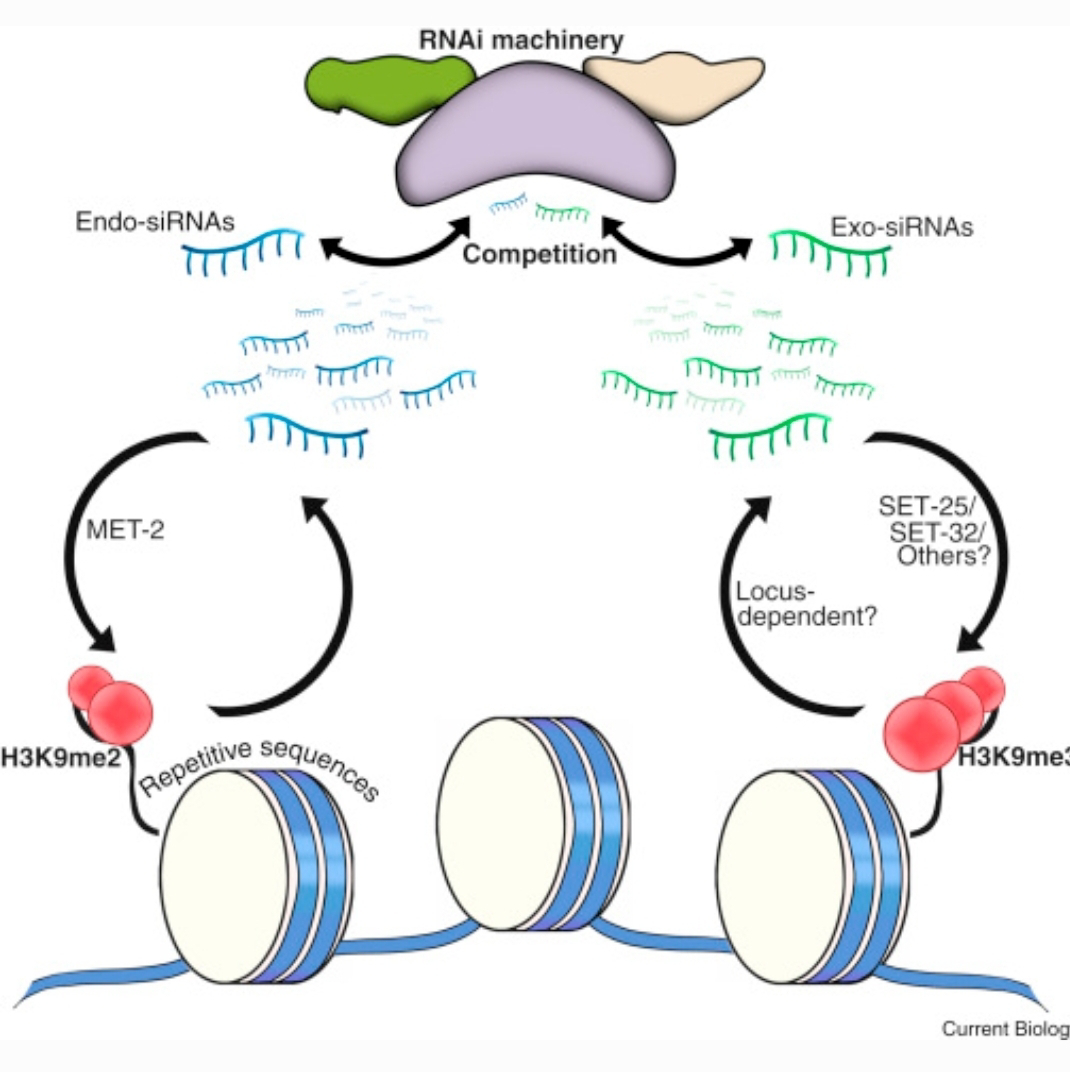Orchestrating the Genetic Symphony: A Systems-Level View of Transcriptional Regulation Beyond Neo-Darwinism

Transcriptional regulation is a cornerstone of cellular function, orchestrating the precise expression of genes in response to diverse internal and external cues. This intricate process involves a series of meticulously coordinated events, each contributing to the final output of a functional protein or non-coding RNA . Understanding the schematic mechanisms of transcriptional regulation requires delving into the interplay of chromatin accessibility, transcription initiation, transcript elongation, and splicing, with the added complexity of the cohesin complex and the spatial organization of the genome through topologically associated domains (TADs). Chromatin accessibility is the first layer of control. DNA, tightly packaged around histone proteins to form chromatin, must be made accessible to transcription factors and RNA polymerase for gene expression to occur. This accessibility is regulated by various mechanisms, including histone modifications (e.g., acetylation, m...


